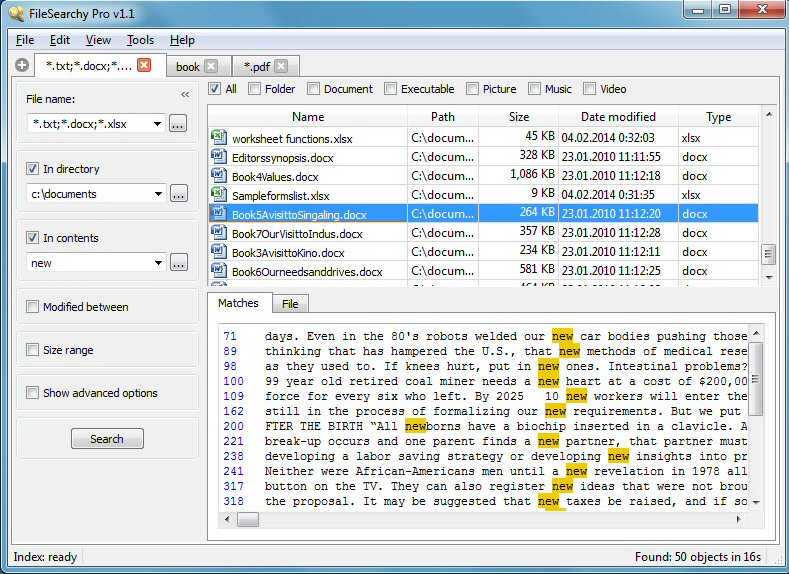
Note that absent will not cause file to fail if the path does not exist as the state did not change. In the case of a directory, if diff is declared, you will see the files and folders deleted listed under path_contents. If absent, directories will be recursively deleted, and files or symlinks will be unlinked. Specifying mode is the best way to ensure filesystem objects are created with the correct permissions. If mode is not specified and the destination filesystem object does exist, the mode of the existing filesystem object will be used. If mode is not specified and the destination filesystem object does not exist, the default umask on the system will be used when setting the mode for the newly created filesystem object. Giving Ansible a number without following either of these rules will end up with a decimal number which will have unexpected results.Īs of Ansible 1.8, the mode may be specified as a symbolic mode (for example, u+rwx or u=rw,g=r,o=r). Adding a leading zero (for example, 0755) works sometimes, but can fail in loops and some other circumstances. For consistent results, quote octal numbers (for example, '644' or '1777') so Ansible receives a string and can do its own conversion from string into number. You must give Ansible enough information to parse them correctly. The permissions the resulting filesystem object should have.įor those used to /usr/bin/chmod remember that modes are actually octal numbers. Controlling how Ansible behaves: precedence rules.Collections in the Theforeman Namespace.Collections in the T_systems_mms Namespace.Collections in the Servicenow Namespace.Collections in the Purestorage Namespace.Collections in the Openvswitch Namespace.Collections in the Netapp_eseries Namespace.Collections in the Kubernetes Namespace.Collections in the Junipernetworks Namespace.


The hidden files generally serve as configuration files for various programs. The second, *.**, expands to files that have a dot somewhere in the name but do not begin with dot. **, expands to files that start with a dot (which means that they are normally 'hidden'). To also insist that the f or u be preceded by a dot, try: ls -lL. This looks for files in the data directory that contain a dot followed by f or u but not ending in f or u: ls -lL datafiles/*.**


 0 kommentar(er)
0 kommentar(er)
